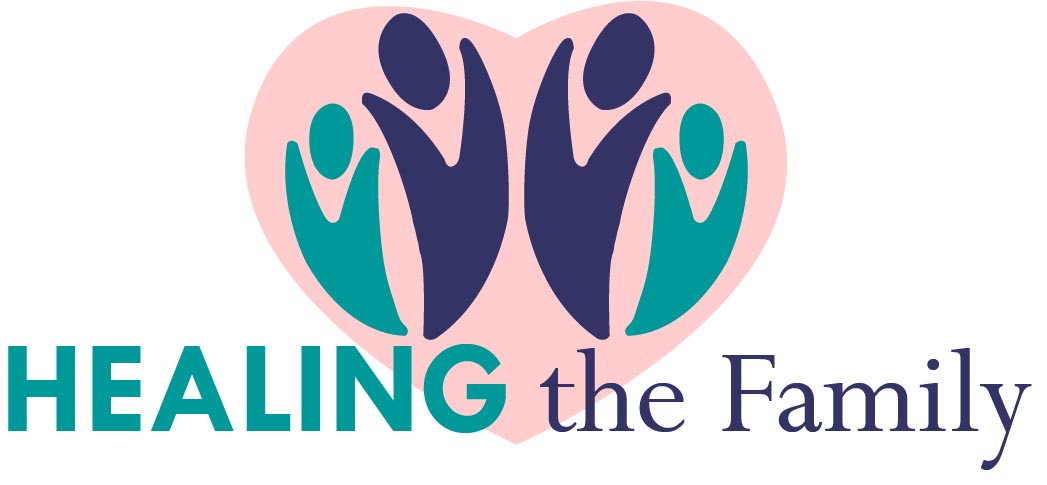 In order to see these unwritten rules, a safe environment must be created to reflect on why we do things in a certain way. For most people, this process is challenging and rewarding. It is challenging because the process forces us to confront some uncomfortable truths: Perhaps I do not demonstrate unconditional love for my children? Perhaps the things my parents taught me about love are inaccurate or were misguided? If I change my behavior, is it not a judgment against what I have been taught? One of the best ways of creating a safe environment in the home is to reflect on what makes healthy boundaries, which demonstrates well-ordered love. Why well-ordered? Because boundaries keep our relationships safe.
In order to see these unwritten rules, a safe environment must be created to reflect on why we do things in a certain way. For most people, this process is challenging and rewarding. It is challenging because the process forces us to confront some uncomfortable truths: Perhaps I do not demonstrate unconditional love for my children? Perhaps the things my parents taught me about love are inaccurate or were misguided? If I change my behavior, is it not a judgment against what I have been taught? One of the best ways of creating a safe environment in the home is to reflect on what makes healthy boundaries, which demonstrates well-ordered love. Why well-ordered? Because boundaries keep our relationships safe.
It is natural to feel conflicted about the process of examining your family dynamics and how you establish boundaries in the home, but the rewards that come from this reflection are profound. Chances are, you might have learned growing up that you needed to side with one of your parents during a conflict in order to feel safe. For example: When you agreed with one parent against the other, it brought about certain intangible rewards for you, although you did not realize it at the time. By being accustomed to seeing your relationship with this parent as “feeling safe” when pitted against the other, you were actually participating in what is called “triangulation,” a very unhealthy family dynamic that is, unfortunately, very common in our families.
In understanding what makes triangulation unhealthy, we see that in our example the “safe” parent has created what is called an enmeshed boundary. Rather than allowing the child to have his or her own ideas, and to feel safe disagreeing with the parent, enmeshment creates a false sense of security that robs the child of the opportunity of healthy discovery of who he or she is called to be. Moreover, in this example, the child is not allowed to create a healthy relationship with the parent on his or her own terms.
When boundaries are healthy and effective, love falls in order. When parents have sufficient self-awareness, it helps their child express disagreements in a healthy and respectful manner. Kids can say “no” without being disrespectful, but more importantly, they can say “yes” and feel good about it. Healthy boundaries establish a context for behavior based upon mutual respect. When family members respect each other and feel safe to disagree from time to time, love falls into place as a manifestation of accepting others for who they are. In healthy families, boundaries create strong attachments, a good sense of self, and establish patterns of interacting with each other that set the stage for sound relationships and real friendships outside the home.
